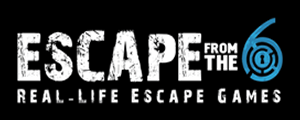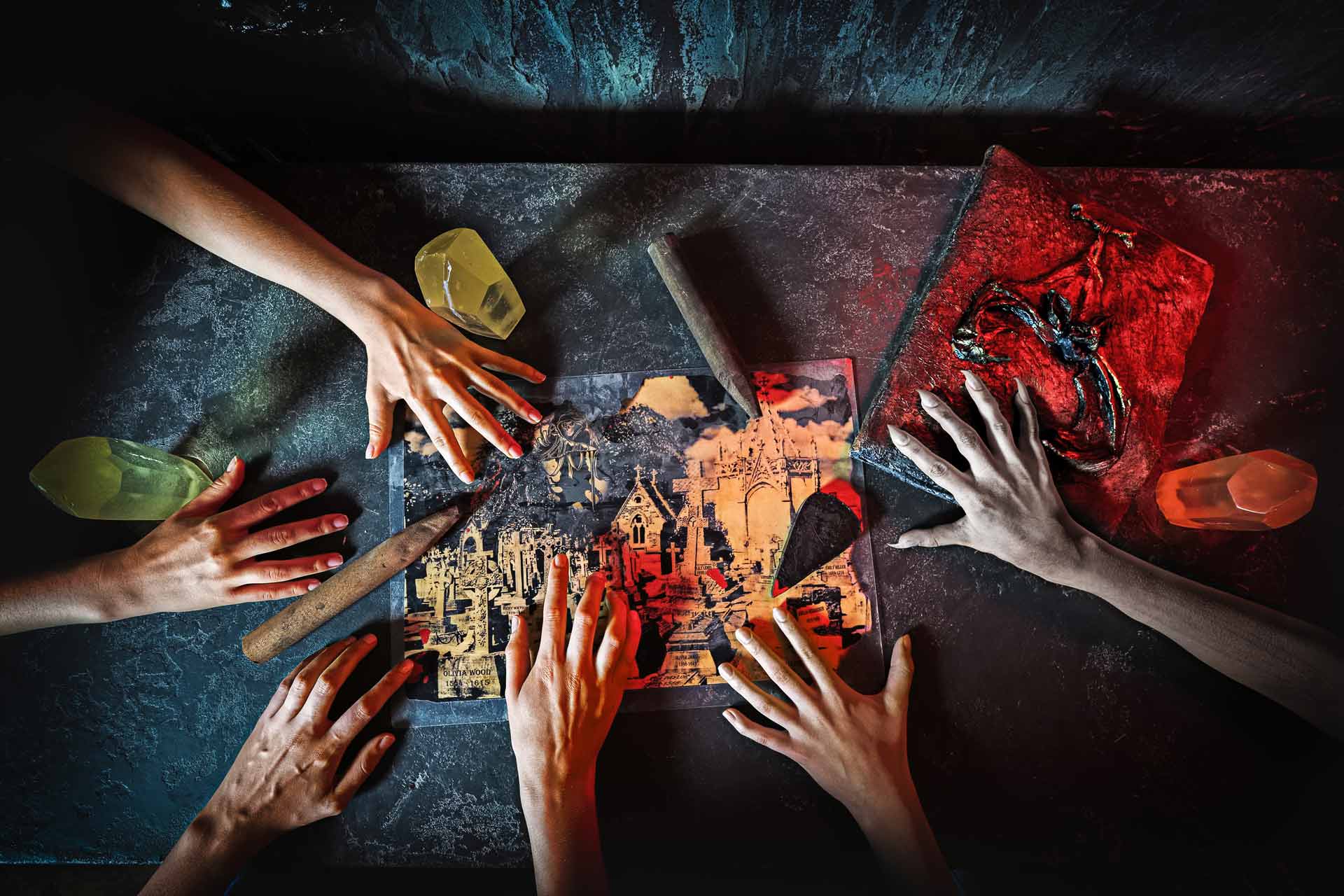Escape rooms are a great activity that anyone of any age in any group can complete. Whether it is for a birthday party or a work-related experience, escape rooms are a great option for you and your group. To finish an escape room game effectively, communication must be effective and present amongst you and your partners. It is the basis of a team’s ability to successfully solve puzzles, track down clues, and finally escape the chamber. If you are still not convinced about the importance of communication, here are five justifications for why effective communication is essential to beating escape room games.
Coordination
In order to effectively complete escape room games, coordination is essential and that comes from communication. It entails teamwork, sharing of resources and information, and task delegation. A team is unlikely to succeed in fleeing the room without good communication. Here are some reasons why communication is essential to attaining coordination. First and foremost, communication enables team members to exchange ideas, observations, and research with one another. Team members may prevent duplication of effort, work in parallel, and finish jobs more quickly when they are aware of what the other team members are doing. For instance, if one team member discovers a hint that might be helpful in deciphering a problem, they can share this knowledge with the others so that they can all collaborate to find the solution. Furthermore, communication makes it easier to define roles and duties. Based on their abilities and knowledge, each team member may be given a specific assignment, and everyone will know what to perform. In this manner, there will be no misunderstandings on the team, and everyone can concentrate on their own duty without being distracted by what others are doing. Thirdly, good communication makes it possible for team members to stay on the same page. Team members may detect any challenges that may occur and modify their approach by regularly updating each other on the status of the project. The crew will be able to stay on task and work towards achieving their shared objective of escaping the room. Finally, communication helps team members develop a sense of trust and collaboration. Team members are more likely to work successfully when they feel at ease discussing their thoughts and ideas. The group can develop a successful synergy in this way.
Time Management
The success rate of completing escape room games depends heavily on time management, and excellent communication is key. Escape room games feature a set time restriction, typically between 60 and 90 minutes, during which teams must successfully solve different riddles and clues to exit the room. Time is therefore of the essence, and any delays or poor time management might result in failure. Team members may effectively manage their time by communicating with one another. By delegating duties, assigning responsibilities, and working concurrently, communication enables team members to advance their goal in the most effective manner possible. In this manner, the team may make the most of their available time and finish the game within the allotted time. When team members are focusing too much time on a specific task or challenge, communication might help them realise it. Effective teamwork enables other team members to jump in, offer a different viewpoint, and aid in the issue’s faster resolution if one team member is having trouble with a specific puzzle. Additionally, effective communication can aid team members in realising when it’s time to move on from one puzzle and concentrate on others. Additionally, communication can help the team monitor their progress and change their plan of action as necessary. The team can determine which puzzles they have already solved, which ones they still need to work on, and which ones they would need to return with better communication. The team will be able to make the most of their time and avoid spending it on problems that have already been handled in this way.
Collaboration
Communication is essential to the success rate of completing escape room games since it allows for collaboration. Escape rooms are created to assess a team’s ability to collaborate and solve difficulties. Collaboration is described as a process when two or more people cooperate to accomplish a common objective. Efficient teamwork is only feasible in escape room games when there is effective communication between players. The puzzles in escape rooms demand a variety of abilities and knowledge to complete. Each task and challenge is too difficult for one team member to handle alone. To properly share their talents and information, team members must efficiently interact with one another. Communication fosters a collaborative environment where team members may exchange ideas and solve challenges together. Working together promotes a variety of ideas, which is essential for tackling challenging tasks. Every team member has different experiences, abilities, and expertise that can help the team succeed. Team members may share their various viewpoints through effective communication, which leads to more original and creative ideas. Team members can build on one another’s ideas and create more potent approaches to issues by cooperating. Collaboration also encourages responsibility. Team members may keep one another responsible and are aware of one other’s progress when they communicate properly. They may keep tabs on developments, assign duties, and make sure that everyone is striving for the same objective. The team feels more ownership and accountability as a consequence, producing greater outcomes.
Creativity
In escape room games, using creativity to solve problems is crucial. To uncover answers and complete tasks in these games, players must be creative and think outside the box. In order to foster innovation among team members and dramatically improve the likelihood of finishing an escape room game, effective communication is essential. Team members are better equipped to express their individual viewpoints and ideas when they communicate clearly. This can inspire innovation and produce fresh ideas that would not have been thought of otherwise. For instance, if one team member spots a pattern in a hint that other team members have missed, they may share their discovery with the group, which could result in a breakthrough in the puzzle’s solution. Additionally, good communication may foster a collaborative atmosphere where thoughts can be openly offered without concern for rejection or criticism. Team members may build on each other’s ideas and investigate new options in a setting of trust and transparency. This can result in a wider variety of inventive solutions, raising the likelihood that the escape room game will be successfully finished. Additionally, effective communication allows team members to clarify information, ask questions, and get feedback—all of which may lead to the development of more innovative solutions. Team members that ask the proper questions might find hidden hints or learn more about the problem they are trying to solve. Additionally, they may get input on their own concepts, which can help them refine their reasoning and develop even more original solutions.
Communication is key in any environment, more especially in escape rooms. You have to work with your teammates in order to progress and complete the tasks before the time runs out. Communicating allows you to do so, along with successfully coordinating with one another, efficiently managing time, and sparking creativity. By communicating with your teammates, you are setting you and your group up for victory!

